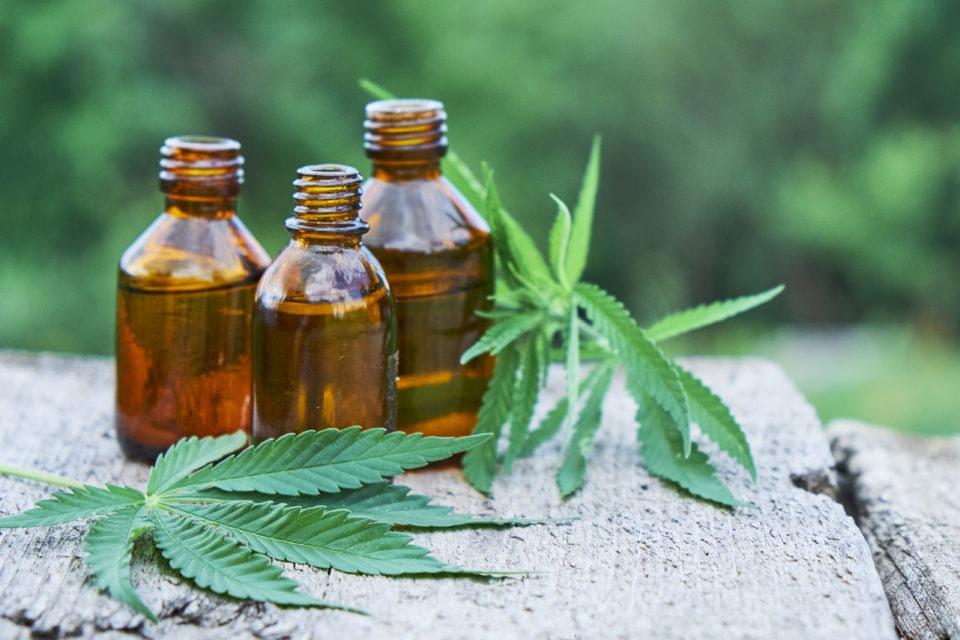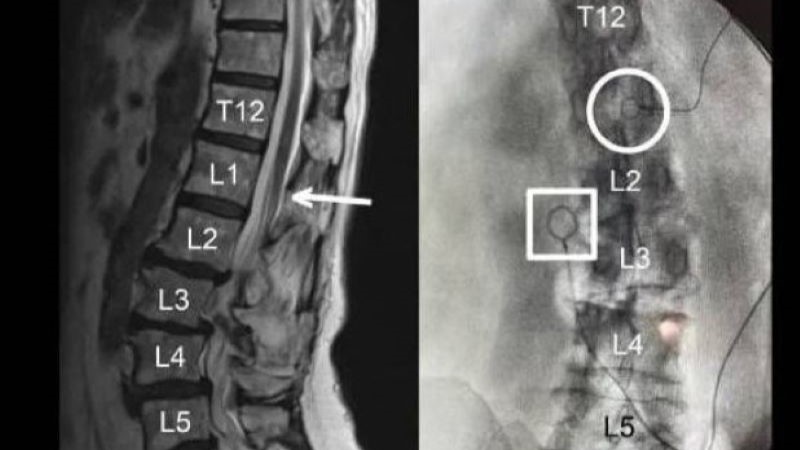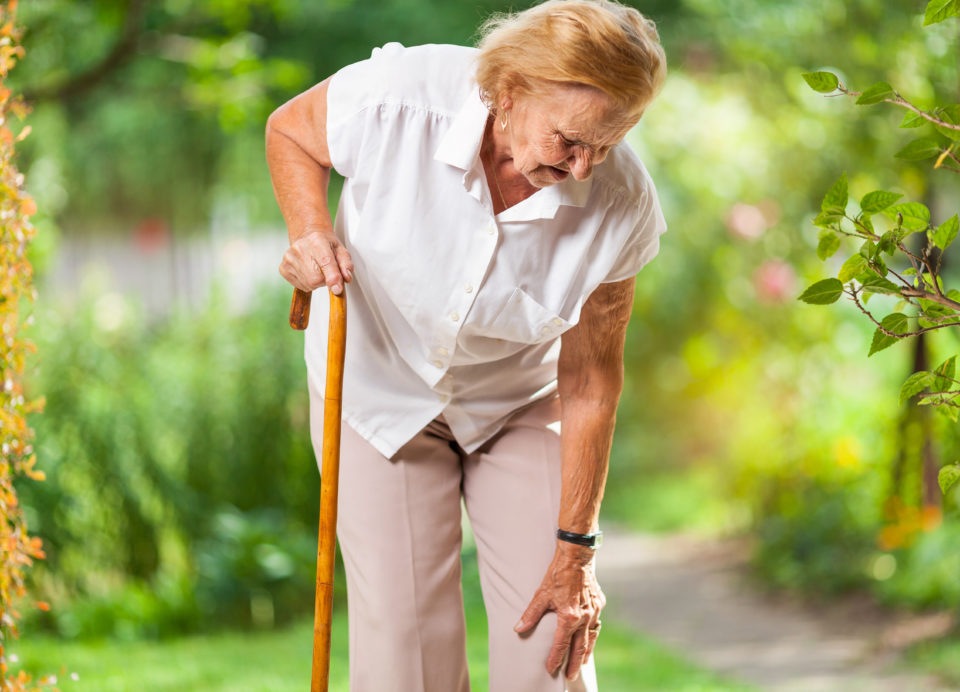
The use of cannabis may not affect short-term outcomes—positively or adversely—in total knee arthroplasty (TKA) patients, according to a new retrospective study.
“The self-reported use of cannabis has increased since its recent legalization in several states. The primary purpose of this study is to report total knee arthroplasty (TKA) outcomes in patients using cannabis,” the researchers reported in The Journal of Arthroplasty.
The single-center study, conducted between January 2014 and February 2018, included a total of 71 primary TKA patients who had at least one year of follow-up. Patient cannabis use was self-reported. Grounds for exclusion included previous opioid consumption and illicit drug use. Cannabis users were matched to control unilateral TKA patients who did not use cannabis on the grounds of age, body mass index, sex, smoking status, and insurance type. Outcomes included Knee Society Score (KSS), range of motion (ROM), and Veterans RAND-12 mental and physical component scores.
Cannabis Does Not Change Outcomes
Length of stay did not differ between cannabis users (46.9 hours ± 15.7) and nonusers (49.3 hours ± 20.4) (P = 0.464), and neither did in-hospital total morphine equivalents (137 ± 104 mg vs. 146 ± 117 mg, respectively; P = 0.634). Postoperative ROM was similar between users (128.4° ± 10.4°) and nonusers (126.9° ± 7.5°) (P = 0.346). There were no substantial differences between users and nonusers in follow-up KSS (180.1 ± 24.9 vs. 172.0 ± 33.9, respectively; P = 0.106) or total change in KSS (61.7 ± 32.8 vs. 62.7 ± 30.7, respectively; P = 0.852). Users and nonusers did not have significantly different Veterans RAND-12 mental component (54.8 ± 9.3 vs. 55.9 ± 8.79, respectively; P = 0.472) or physical component (48.3 ± 9.9 vs. 45.8 ± 10.1, respectively; P = 0.145) scores. There were five readmissions and five reoperations among users, and four readmissions and two reoperations among nonusers.
The study authors concluded that short-term TKA outcomes are not largely affected by cannabis use, adding, “Further studies are warranted to determine the efficacy and safety of cannabis as a constituent of multimodal pain management following TKA before endorsements can be made by orthopedic surgeons.”







 © 2025 Mashup Media, LLC, a Formedics Property. All Rights Reserved.
© 2025 Mashup Media, LLC, a Formedics Property. All Rights Reserved.